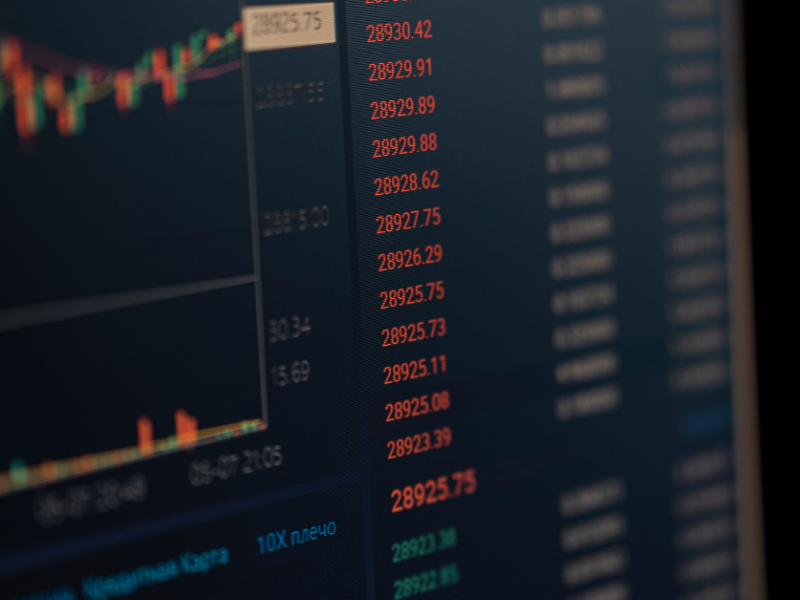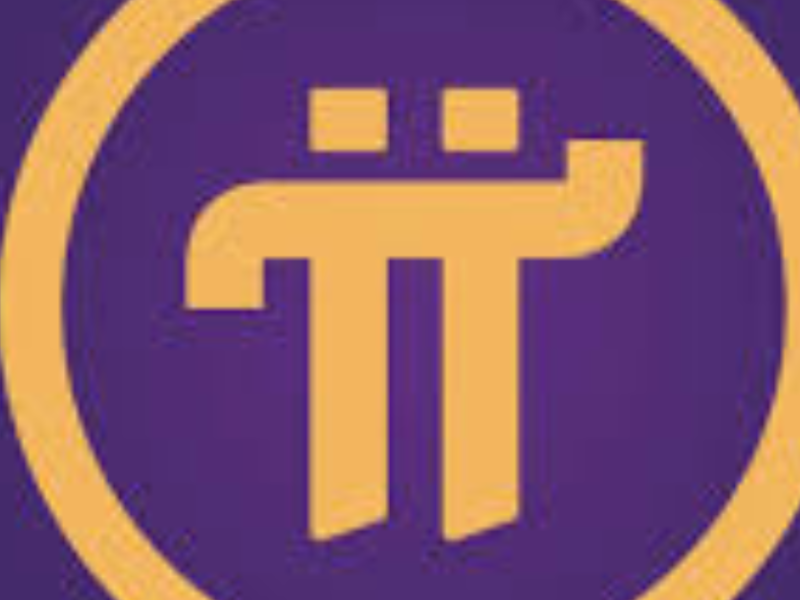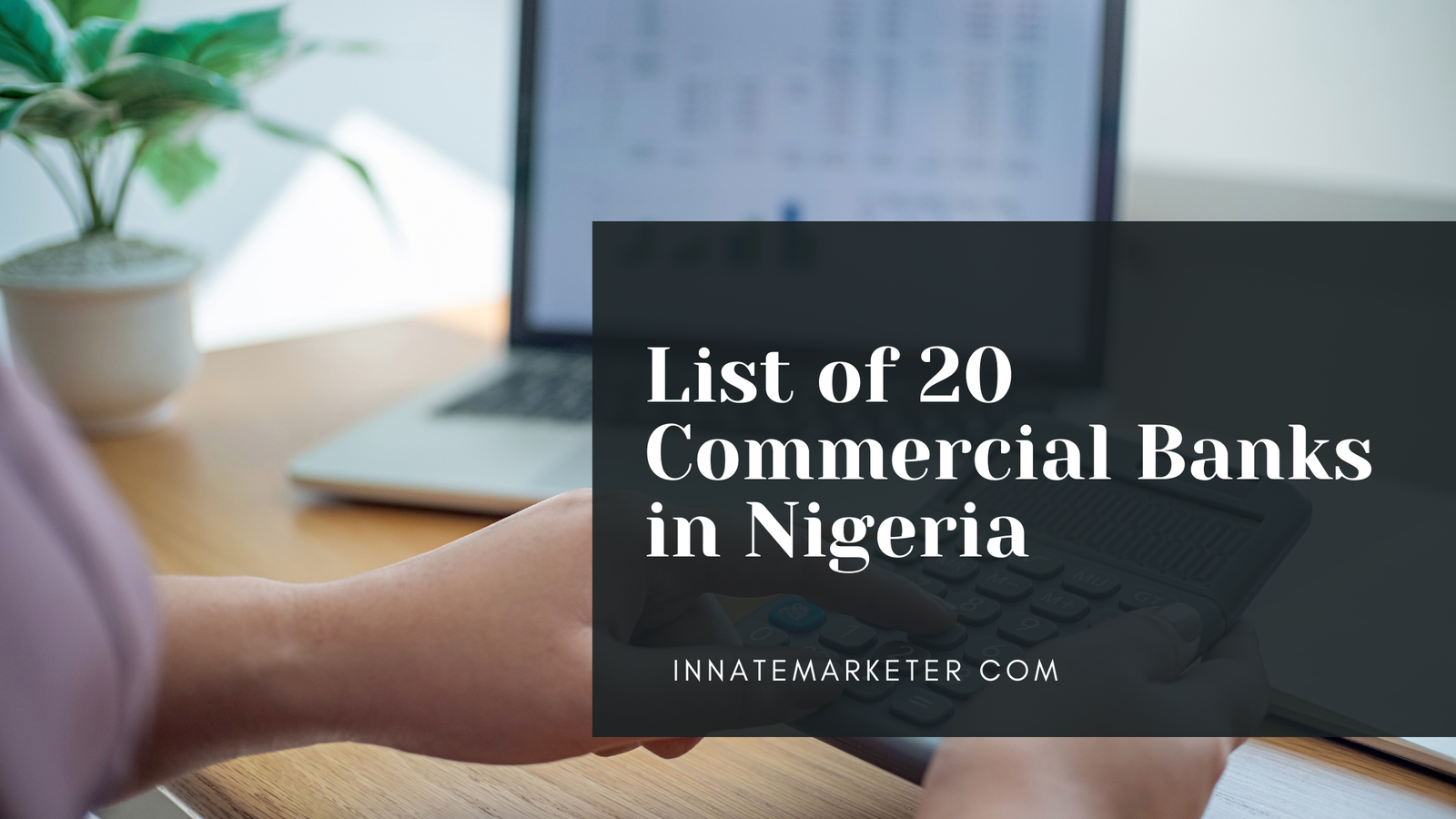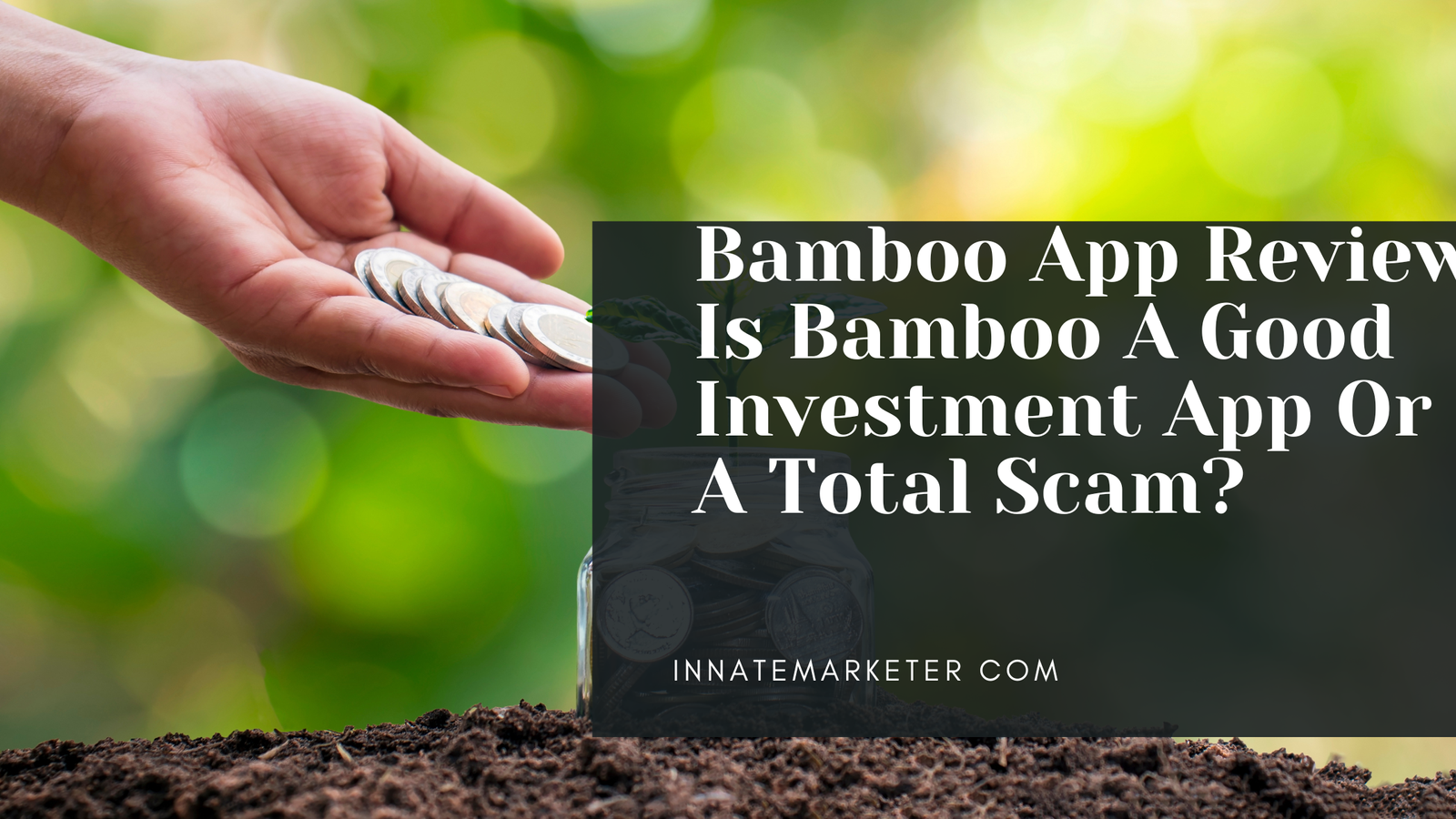Bitcoin trading in Nigeria has grown significantly in recent years, offering a wealth of opportunities for investors. Whether you’re looking to make short-term profits through active trading or you want to hold Bitcoin for the long term, understanding how to start trading is crucial. In this guide, we’ll walk you through the essential steps to get started with Bitcoin trading in Nigeria.
Key Takeaways:
- Understand Bitcoin: Learn the basics of Bitcoin and its volatile nature before starting to trade.
- Choose the Right Platform: Pick a reputable exchange like Binance, Luno, Quidax, or Paxful that supports Nigerian Naira (NGN) and secure payment options.
- Fund Your Account: Deposit funds using local payment methods such as bank transfers, debit cards, or mobile money.
- Store Bitcoin Safely: Use secure wallets (cold or hot) to store your Bitcoin and protect your assets.
- Monitor the Market: Keep track of Bitcoin prices and market news to make informed trading decisions.
- Risk Awareness: Be aware of the risks, including volatility and scams, and trade responsibly.
1. Understand What Bitcoin Is
Before diving into Bitcoin trading, it’s important to have a good understanding of what Bitcoin is and how it works. Bitcoin is a decentralized digital currency that operates without a central authority or bank. It uses blockchain technology to ensure transparency and security.
Bitcoin has a volatile price history, which makes it both an exciting and risky asset to trade. While Bitcoin’s value has increased significantly in the past decade, it is also prone to large price fluctuations. This volatility is both a risk and an opportunity, making it important to study and understand the market before you begin trading.
2. Learn About Bitcoin Trading Basics
Bitcoin trading involves buying and selling Bitcoin (BTC) at various prices, aiming to make a profit. The goal is to buy Bitcoin at a low price and sell it at a higher price. However, Bitcoin prices can be influenced by several factors, such as:
- Market demand and supply
- Government regulations
- Global economic events
- Technological developments in the blockchain space
Understanding market trends, using charts, and following expert analysis will be key to succeeding in Bitcoin trading.
3. Choose the Right Bitcoin Exchange or Platform
To start trading Bitcoin in Nigeria, you need to register on a cryptocurrency exchange. A cryptocurrency exchange is an online platform where you can buy, sell, and store Bitcoin. In Nigeria, there are both international and local Bitcoin exchanges, each offering different features, fees, and payment methods. Some of the most popular platforms in Nigeria include:
1. Binance
- Binance is one of the largest and most reputable global cryptocurrency exchanges.
- It offers Bitcoin trading against Nigerian Naira (NGN) and several other currencies.
- Binance provides advanced features like futures trading, staking, and lending.
2. Luno
- Luno is a trusted cryptocurrency exchange available in Nigeria.
- It supports easy deposits and withdrawals using Nigerian Naira.
- Luno is user-friendly, making it great for beginners.
3. Quidax
- Quidax is a Nigerian-based exchange that allows users to trade Bitcoin using NGN.
- It offers a straightforward interface and a range of cryptocurrency trading options.
- Quidax also supports P2P (peer-to-peer) transactions.
4. Paxful
- Paxful is a peer-to-peer exchange that allows users to trade Bitcoin directly with other traders.
- Paxful supports a wide range of payment options, including bank transfers, mobile payments, and even gift cards.
5. Remitano
- Remitano is another popular peer-to-peer platform where Nigerian traders can buy and sell Bitcoin.
- It offers escrow services to protect both buyers and sellers during transactions.
4. Set Up Your Account
Once you’ve chosen a platform, the next step is to set up your account. The process is typically straightforward, but you’ll need to follow these general steps:
- Sign Up: Visit the platform’s website or download its app, then create an account using your email address and a secure password.
- Verify Your Identity: Most exchanges will require you to verify your identity (KYC – Know Your Customer) to comply with regulations. This usually involves uploading a government-issued ID and proof of address.
- Set Up Two-Factor Authentication (2FA): For added security, enable two-factor authentication on your account. This step will help protect your funds from unauthorized access.
- Deposit Funds: Depending on the platform, you may need to deposit Nigerian Naira (NGN) or another cryptocurrency to start trading. Most platforms accept payments via bank transfer, debit cards, or mobile money.
5. Deposit Funds and Buy Bitcoin
After setting up your account and securing it with 2FA, you can deposit funds into your account. There are several methods for funding your account in Nigeria:
- Bank Transfer: Many platforms support direct bank transfers from Nigerian banks, which are easy and relatively fast.
- Debit or Credit Cards: Some exchanges allow you to use Visa or Mastercard to fund your account.
- Mobile Payments: Some platforms accept mobile payment methods like Paga or Flutterwave.
- P2P: Peer-to-peer platforms like Paxful allow you to buy Bitcoin using local payment methods such as cash deposits, gift cards, and mobile money.
Once you’ve funded your account, you can place an order to buy Bitcoin. Most exchanges allow you to either buy at the current market price (market order) or set a specific price at which you’re willing to buy (limit order). It’s important to monitor Bitcoin’s price and place your order accordingly.
6. Store Your Bitcoin Safely
Once you’ve purchased Bitcoin, you’ll need to store it in a secure wallet. There are two main types of wallets:
- Hot Wallets: These are online wallets provided by exchanges like Binance and Luno. They are convenient for easy access but may be less secure than cold wallets.
- Cold Wallets: These are offline wallets, such as hardware wallets (e.g., Ledger or Trezor), which offer higher security because they are not connected to the internet.
It’s recommended to store large amounts of Bitcoin in cold wallets for greater security, while smaller amounts for trading can be stored in hot wallets.
7. Monitor the Market
Bitcoin’s price can be highly volatile, so monitoring the market regularly is essential. Here are some ways to track Bitcoin prices:
- Use Trading Charts: Most exchanges provide charts with real-time price data. Familiarize yourself with technical analysis tools to spot trends and entry/exit points.
- Follow News: Stay updated on news regarding cryptocurrency regulations, technological advancements, and global events that may impact Bitcoin’s price.
- Set Alerts: Many platforms allow you to set price alerts, so you’ll be notified when Bitcoin reaches a certain price level.
8. Start Trading
Now that you’ve bought Bitcoin, you can begin trading. There are two main types of trading:
- Spot Trading: This is the most common form of trading, where you buy or sell Bitcoin at the current market price.
- Futures Trading: This involves buying and selling contracts that speculate on the future price of Bitcoin. Futures trading can be riskier but offers more potential for profit.
You can also explore more advanced trading strategies, like using leverage or margin trading, once you’re more familiar with the market.
9. Withdraw Your Bitcoin or Profit
When you decide to take profits or need to move your Bitcoin, you can withdraw it to your wallet or sell it back for NGN or another currency. If you’re withdrawing to your bank account, ensure the platform supports NGN withdrawals.
10. Risks and Considerations
While Bitcoin trading can be profitable, it also comes with risks:
- Volatility: Bitcoin prices can fluctuate drastically within short periods.
- Security Risks: Keep your Bitcoin safe by using secure wallets and enabling 2FA.
- Scams: Be cautious of scams and fraudulent platforms, particularly in the P2P space.
Frequently Asked Questions (FAQs)
1. How do I start Bitcoin trading in Nigeria?
To start Bitcoin trading in Nigeria, choose a reliable platform like Binance, Luno, or Quidax. Create an account, deposit Nigerian Naira (NGN), purchase Bitcoin, and store it securely in a wallet.
2. Can I trade Bitcoin in Nigerian Naira (NGN)?
Yes, many Bitcoin exchanges such as Binance, Luno, and Quidax support trading in Nigerian Naira (NGN). You can deposit, trade, and withdraw Bitcoin using NGN.
3. What is the best Bitcoin exchange for Nigerians?
The best Bitcoin exchange for Nigerians depends on your preferences. Popular options include Binance, Luno, Quidax, and Paxful, which offer various features, low fees, and NGN support.
4. How do I fund my Bitcoin trading account in Nigeria?
You can fund your Bitcoin trading account via bank transfers, debit/credit cards, mobile payments, or P2P platforms. Each platform will offer different payment methods, so choose based on your convenience.
5. How can I store my Bitcoin securely in Nigeria?
You can store your Bitcoin securely in a hot wallet provided by exchanges like Binance or Luno, or use a cold wallet (hardware wallet) for higher security, such as Ledger or Trezor.
6. How do I withdraw Bitcoin to my bank account in Nigeria?
Most exchanges allow you to convert Bitcoin to NGN and withdraw directly to your Nigerian bank account. Ensure you’ve completed identity verification and follow the platform’s withdrawal process.
7. Is Bitcoin trading legal in Nigeria?
Yes, Bitcoin trading is legal in Nigeria, although the Central Bank of Nigeria (CBN) has placed restrictions on financial institutions providing services related to cryptocurrency. However, peer-to-peer platforms and exchanges still operate in the country.
8. What are the fees for Bitcoin trading in Nigeria?
Fees vary by platform. Most exchanges charge trading fees, withdrawal fees, and deposit fees. Check the specific exchange for detailed fee structures before trading.
9. Can I trade Bitcoin on mobile apps in Nigeria?
Yes, most popular exchanges such as Binance, Luno, and Quidax have mobile apps for easy access to Bitcoin trading. These apps are available for both Android and iOS.
10. What is the minimum amount of Bitcoin I can buy in Nigeria?
The minimum amount of Bitcoin you can buy depends on the platform. Binance and Luno, for instance, allow users to buy small fractions of Bitcoin, even as low as ₦100 worth of Bitcoin.
11. How do I make profits from Bitcoin trading in Nigeria?
You can make profits by buying Bitcoin at a lower price and selling it at a higher price. However, Bitcoin is volatile, so it’s important to track market trends and use risk management strategies.
12. Are there risks involved in Bitcoin trading?
Yes, Bitcoin trading is risky due to its price volatility, potential security issues, and scams. It’s important to be cautious, use secure wallets, and only invest what you can afford to lose.
13. Can I trade Bitcoin without an ID in Nigeria?
Most reputable exchanges will require KYC (Know Your Customer) verification, which involves uploading your ID and proof of address. This is to comply with regulatory standards and ensure account security.
14. How do I track Bitcoin prices in Nigeria?
You can track Bitcoin prices on exchanges like Binance or Luno, or use financial apps like CoinMarketCap or CoinGecko for real-time price updates.
15. What payment methods can I use to buy Bitcoin in Nigeria?
Popular payment methods for buying Bitcoin in Nigeria include bank transfers, mobile money, debit/credit cards, and peer-to-peer options like Paxful or Remitano, which offer various local payment methods.

Conclusion
Bitcoin trading in Nigeria is accessible to anyone willing to learn and navigate the market. By choosing the right exchange, securing your assets, and staying informed, you can potentially profit from the growing popularity of Bitcoin. However, always remember to trade responsibly and only invest what you can afford to lose.





